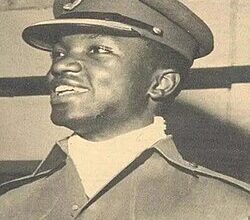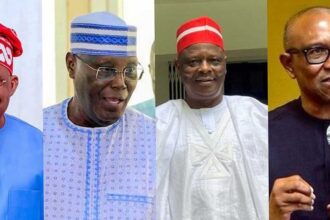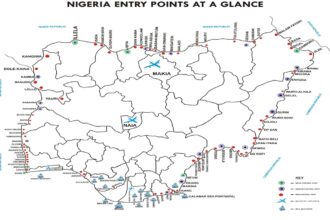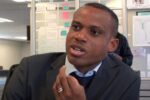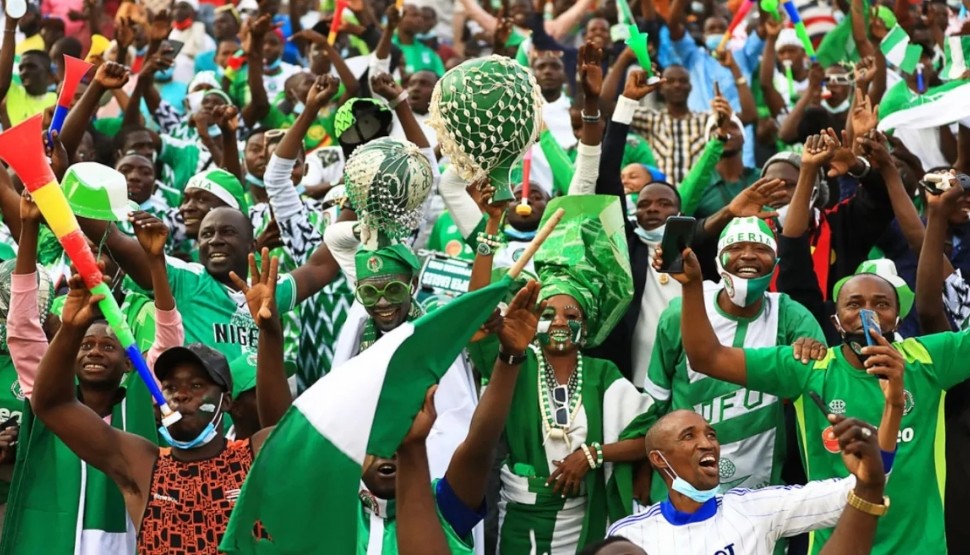
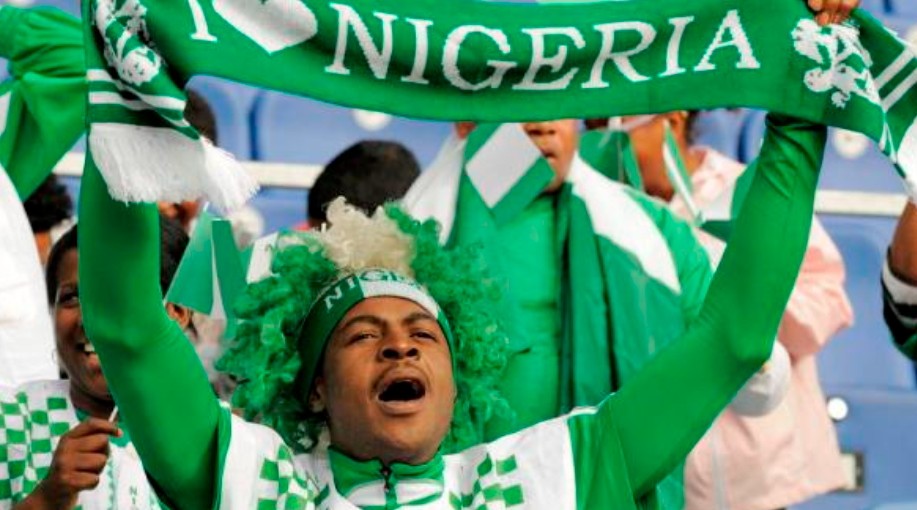
Ernest Osogbue
Is there really a proud Nigerian? Outside of when the Super Eagles are involved in an international match, are Nigerians truly proud of their country? When Nigerians speak about themselves, you’re more likely to hear them say, “I’m a proud Fulani man,” “I’m a proud Igbo man,” “I’m a proud Christian,” or “a proud Moslem.” It is rare to see a person whose first identity is Nigerian. Nigerians usually first ascribe themselves to either their tribe, ethnicity, or religion before being Nigerian.
What is the stigma about being Nigerian that is so embarrassing that Nigerians are loathe to identify with their country? Late Chief Obafemi Awolowo, the great sage and revered Yoruba leader, is generally credited with being the first person to refer to Nigeria as being merely a geographical expression, rather than being a nation to which its people owe allegiance and to which they have an emotional attachment.
The question then arises, howbeit so, that over 60 years after Chief Awolowo made that conclusion, if at all, Nigeria still remains a mere geographical expression in the minds of its citizens? I believe this is at the core of the developmental challenges that Nigeria currently faces. If the Nigerian people do not believe in their own country, on what foundation does the country stand to develop? The basic foundation for every nation is its people. If the Nigerian people can not identify with their country, on what basis does the country exist? We all know that if there are no people, then there can be no country.
Does that mean that Nigeria does not exist? I wrote a piece many years ago, which I titled ‘The Orphan Called Nigeria.’ In it, I posited that Nigeria stands unprotected from the vagaries of the inclement weather, much like an orphan. Most public officials use their positions to feather their own nests, while Nigeria is left to wander in the wilderness.
To date, my position still stands. With President Tinubu, only days from celebrating his second anniversary in office, the issues of governance have been left in abeyance as political jostlings and realignments take center stage. As I write, Nigeria remains one of the most terrorized nations in the world. Kidnappers, bandits, and terrorists are holding the nation hostage. Nigeria is currently the poverty capital of the world, and by IMF and World Bank projections, it is online to raise more poverty-stricken people in the next one year.
There is no water, no electricity, and proper housing is a mirage for citizens. The cost of goods and services, as well as transportation, are beyond the reach of the people, yet what is of paramount importance to the ruling class is politicking. From President Tinubu to all the charlatans threatening to boot him out of office by 2027, no single person has come up with a template of how to take Nigeria from where she currently is to a better place. All you hear from the opposition are empty threats and undue grandstanding, while the government itself is overwhelmed and seems bereft of ideas on how to make life more meaningful for the people.
The recent political coalitions by opposition politicians, as well as the defections to the ruling party, are indications that the Nigerian political class is more interested in power grab and survival, than in finding solutions to the challenges facing thecountry. It follows, therefore, that the faith placed by the youth on the capabilities of certain opposition elements is completely misplaced. This set of people and their ilk lack the basic foundation for true leadership. What is of importance to them is self survival and how to wield power. They are not interested in the needs of the citizens.
If Nigerians are to begin to be proud of their country, a new set of leaders must emerge. These leaders must not emerge on religious or ethnic bases. They must be leaders based on their patriotism and love for Nigeria and her people.
These leaders can only emerge when Nigerian youths begin to look inward and believe in their own abilities. They must take responsibility for the destiny of our country rather than continue to look up to pretentious politicians who have failed before and who would fail again if given the chance. This is the time for younger and fresher people, with new and radical ideas to transform our nation to emerge. This is the time for the proud Nigerian, rather than the proud ethnic or religious bigot to emerge.
Nigerian youths, I’ll say this only once; the ball is in your court!



